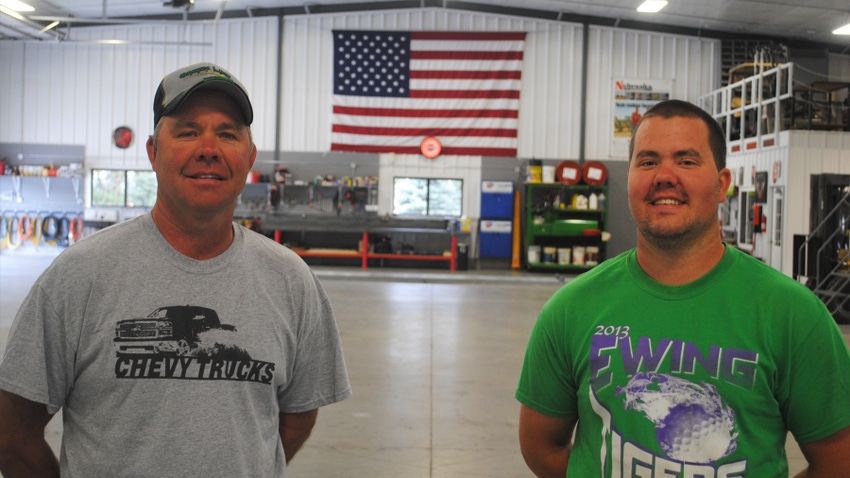
When I was young, working with my family on the farm with my dad, brother and a full-time hired man, I was in charge of breaking things. I did this job quite well at times.
Our hired man, who was a part of our family — like a brother — was also a gifted welder and fabricator in the shop. He was in charge of fixing the machinery I had broken. It was a practical arrangement that worked. Our farm shop was nothing fancy at all — nice-sized machine shed, dirt floor — but plenty of tools.
As Dad aged and couldn’t be on the tractor or combine as much because of health concerns, he would still come out to the farm almost daily, poke his head into the barn or house and yell out, “I’ll be working in the shop.” He always found something to fix, something to build or something to work on. The shop was his happy place to be on the farm.
Shops are crucial
It is difficult to overestimate the importance of farm shops to producers. In Nebraska, all kinds of ag machinery and farm product companies originated in someone’s farm shop. Almost every great Nebraska-based center pivot or farm implement or tech company operating today started in a farm shop or office with an idea someone had to make life on the farm just a little easier.
This was true when my great-grandfather was farming in the late 1800s and early 1900s, and it is just as true today. The machines have changed, but the importance of the shop has not.
Farmers modify, manufacture and reinforce machinery, and have been doing so for decades. The farm shop is the place of repairs, farm meetings, neighborhood functions and farm transition planning. More probably gets accomplished in the shop than any other single structure on the farm.
Yes, farm shops have changed over the years. Better facilities, better lighting, better tools and a more comfortable environment to work in are all a part of this evolution. I’ve had the privilege in this job to visit my fair share of extremely well-equipped and planned shops, customized to the needs of the producer.
That said, all farm shops, old and new, can be the place where concepts become reality, repairs get things ready for the growing season or the calving season, and farmers work to get their machines and technology working better.
Comments or questions? Drop me an email at [email protected].
Read more about:
BuildingsAbout the Author(s)
You May Also Like






